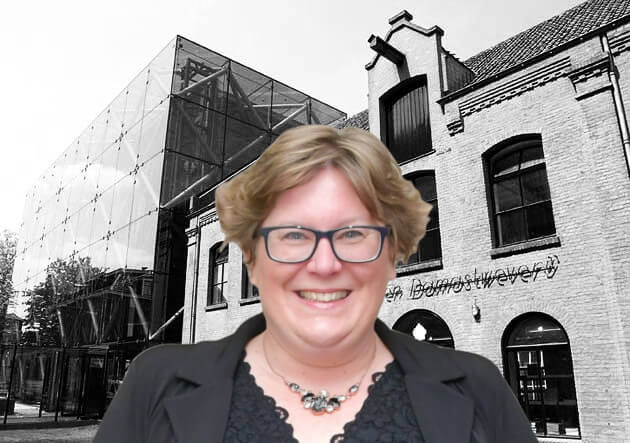
After years of thoroughly enjoying my Ph.D. research, I am finally submitting my thesis to the review committee this month. Over the past few weeks, I have been busy writing the conclusion and it basically boils down to the classic scientific answer to every question: “It depends.” As it turns out, my research on the development of trust has highlighted a tremendous amount of context-dependence, as in, what works in one context does not work in another. When I started my Ph.D. program, I absolutely loathed the “it depends” answer. I regarded it as boring and rather unsatisfying. I wanted, like any novice scientist, to uncover the absolute truth. Now I know, like every other more experienced scientist, that the absolute truth just does not exist. I have learned that in the answer “it depends” there is immense beauty: It shows that there is always something left to explore, that there is always something to be curious about.
Philosophy of doubt
During the past few months, the lack of absolute truth, and as such, allowing room for doubt, kept crossing my path like a bouncing ball. For example, during the Christmas holidays I read the book ‘Werk heeft het gebouw verlaten’ (‘Work Has Left the Building’) by Jistke Kramer and was incredibly moved by the following passage from a person who had shared his corona experiences with Jitske Kramer:
“My wife has been sitting in the attic working with her international teams for months on end. Everything happens online. She actually hardly ever goes outside, while I work with groups of people on location. I’ve noticed that she’s very anxious in how she sees the world, and I really don’t know her like that. We are having more and more fights about it. Just the other day our young son had a cold. I construed the instructions of the GGD Municipal Health Service in such a way that I thought he was still allowed to go to primary school, while she understood from the same information that he had to be quarantined and that I should preferably stay at home too. I wish my wife could or should spend more time among people. It drives me crazy.” (Kramer, 2020, p. 59)
What a brilliant example of context-dependence: Both parents have the exact same information and assess that information in a completely different way because they are both doing that from an entirely different context. There is no absolute truth, practically everything is inherently subject to doubt, to “it depends.”
Neural shortcuts
Our brains are programmed in such a way that we do not seek out doubt by choice. Since your brain is a huge energy guzzler, there are all kinds of energy-saving shortcuts in your brain. These shortcuts are good and useful as they speed things up, but they also leave their mark. Because of these shortcuts, your thought processes are susceptible to errors in thinking, also known as ‘biases.’
One of these biases is what is known as the ‘confirmation bias’, which causes your brain to look for confirmation. After all, it costs the brain far less energy to process information that fits in with what is already in its head than it does to process information that presents a totally different perspective. So, from a neuropsychological perspective, doubt is not in our DNA.
You notice this very much in the way we put groups together. We prefer to work with people who are similar to ourselves. Other perspectives and other opinions cost the brain more energy. Those who want to conserve energy opt for what they already know. This is why it remains so incredibly difficult to organize diversity within organizations in a natural way. Quotas or other coercive measures are quickly resorted to in order to achieve what we by nature do not seek out.
Pioneers
Doubt is a troubling emotion. We would much rather be certain of something. The search for certainty is what makes us human. Yet some people have the ability to cope very well with doubt. These are the pioneers who explore new worlds and new opportunities. They naturally seek out new perspectives and future horizons. They are the people we need for innovation and change. In his book “Iconoclast,” neuroscientist Gregory Berns describes how these kinds of pioneers are not afraid of public rejection.
Training this kind of open mind is relatively simple: Basically, make sure that the brain is constantly presented with new stimuli to process, stimuli that the brain has never been exposed to before. So, take a digital excursion through the Louvre or listen to musical instruments made from vegetables. Put your absolute truths out with the trash. Or, as Jordie Dekkers beautifully put it for the Toekomstgilde* “Trade-in offer: One zebra. Wanted: A chameleon.”
*The Future Guild, a project focusing on creativity and innovation that involves, amongst others, several universities in the Netherlands.
About this column:
In a weekly column, alternately written by Wendy van Ierschot, Bert Overlack, Eveline van Zeeland, Eugene Franken, Jan Wouters, Helen Kardan, Katleen Gabriels, Mary Fiers and Hans Helsloot, Innovation Origins tries to find out what the future will look like. These columnists, occasionally supplemented with guest bloggers, are all working in their own way on solutions for the problems of our time. So tomorrow will be good. Here are all the previous articles.

